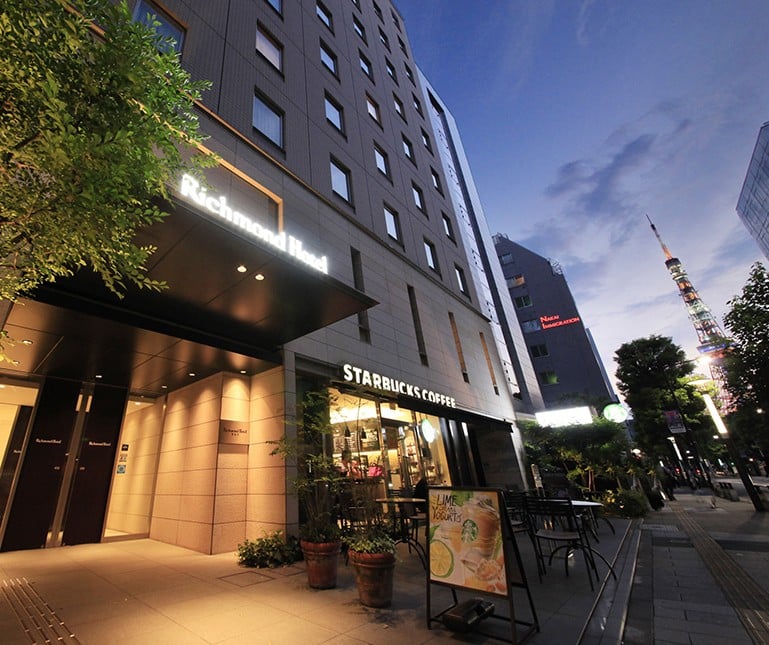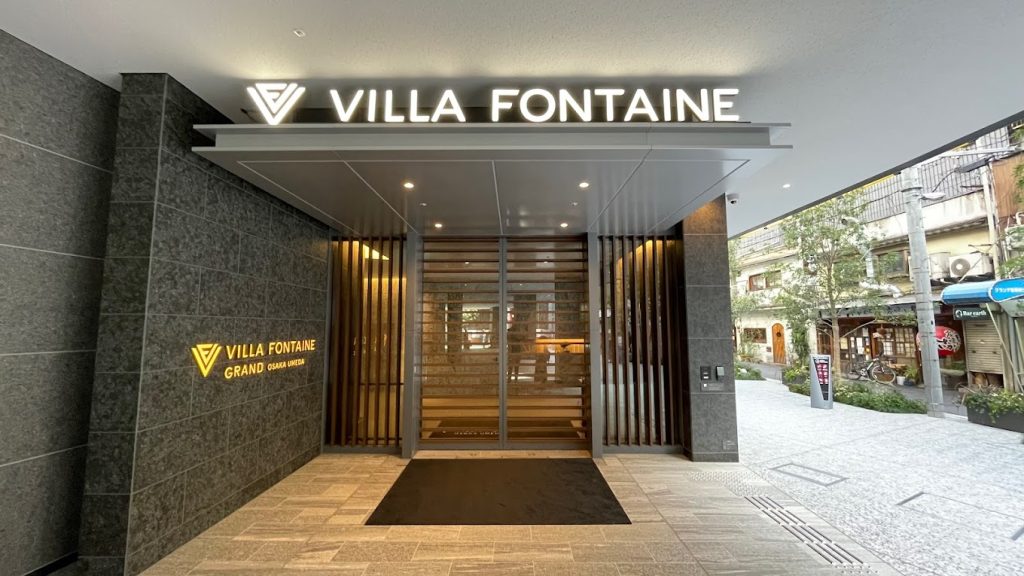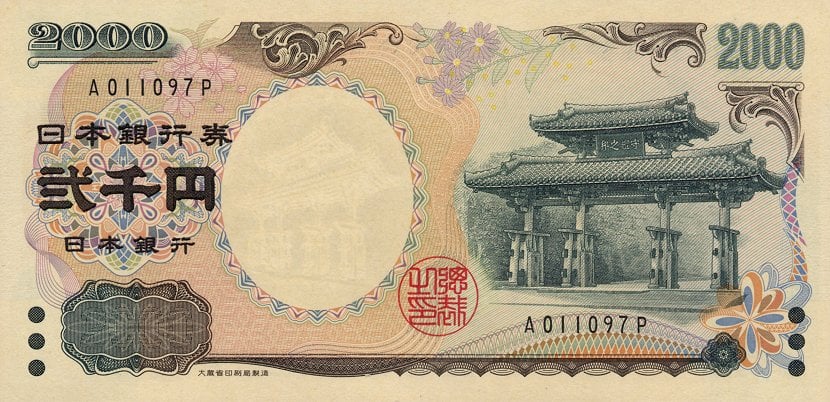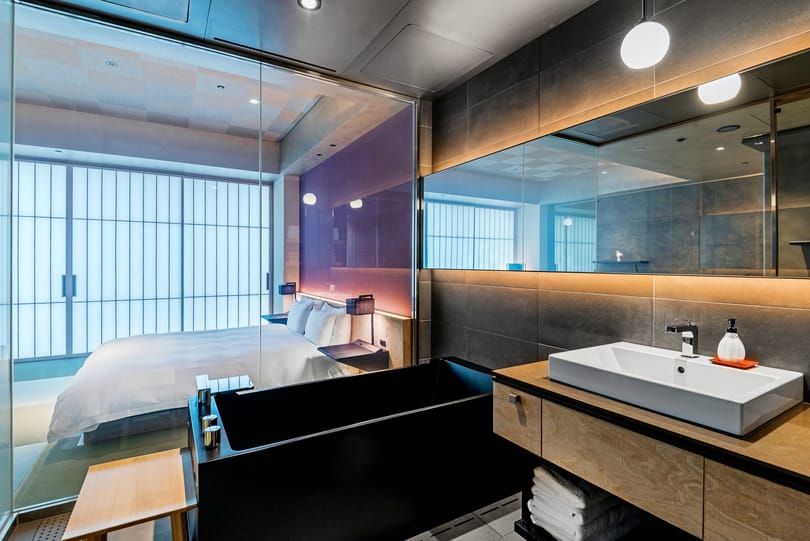Japanese hotel industry is changing its strategy, shifting from prioritizing occupancy rates to aiming for higher room rates.
Business hotels are evolving to offer a luxury experience like city hotels, but breaking the perception of being just a place to stay is a significant challenge. As these hotels enhance services to stay competitive, there’s a growing demand for good value for money.
Iji maa atụ, Richmond Hotel chain, one of the leaders of Japanese hotel industry, has undertaken a substantial investment in refurbishing seven hotels across various locations, a notable increase compared to pre-pandemic levels. The management company’s spokesperson emphasized their main objective as enhancing the overall customer experience.
As part of this initiative, one of their Tokyo hotels in Sumida Ward revamped 60 rooms into specialized concept rooms catering to reading and gaming, leading to a significant 30% surge in room rates. Furthermore, two of their Kyoto hotels have established a collaborative arrangement, enabling guests to access facilities at both locations, including shared breakfast and lounge amenities, as well as daily workshops, all aimed at elevating the customer experience.
This strategic shift exemplifies a broader trend in the Japanese hotel industry, where establishments are not only focusing on physical upgrades but also exploring innovative concepts and partnerships to provide added value to their guests.

Hotel Keihan, based in Osaka, is enhancing its high-end Hotel Keihan Grande chain, exemplified by the recent opening of Hotel Keihan Namba Grande in Osaka’s Namba area. Positioned as a luxurious option, the hotel boasts a spacious lounge adorned with indoor plants, ambient background music, and a pleasing aroma. Exclusive lounges are provided for higher-priced rooms, a common feature in luxury hotels. With a variety of room types catering to different needs, including long-term stays and group travelers, Hotel Keihan aims to create a versatile space—referred to by Director Shigeru Yamauchi as a “third place” for both business and leisure travelers.
Hotel Villa Fontaine Grand Osaka Umeda, managed by Sumitomo Realty & Development Co, Ltd, recently underwent a substantial renovation in August, just a year after its opening in Osaka’s Kita Ward.

The renovation involved the conversion of some hotel rooms into an expansive hybrid spa spanning approximately 800 square meters (8611 sq ft). This unique spa features communal bathing spaces, private saunas, and a popular enzyme bath. Despite room rates ranging from ¥20,000 JPY to ¥30,000 JPY (approximately $130–$200 USD), comparable to higher-end hotels, the Hotel Villa Fontaine Grand Osaka Umeda consistently operates at full capacity.
A company spokesperson attributes this success to the heightened focus on beauty and health during the pandemic, providing valuable insights that informed the decision to add extra value through renovations.
Recent Years in Japanese Hotel Industry
In recent years, in the Japanese hotel industry, prominent business hotel chains, including APA Hotel, have been upgrading their facilities by adding amenities such as pools and bars. Similarly, Hoshino Resorts, headquartered in Karuizawa, Nagano Prefecture, has experienced rapid growth in its OMO business hotels, which have undergone transformations to better accommodate leisure travelers.
A significant trend in business hotels, of Japanese hotel industry, is a shift in guest priorities, with a growing emphasis on the overall experience rather than just a place to sleep. This change is influenced by evolving travel purposes in the post-pandemic era, where the focus is transitioning from business to leisure. Although room occupancy in urban areas is on the rise, the primary motivation for travel is undergoing a notable transformation.
Economic Influence in Japanese Hotel Industry

The weak yen has led to increased hotel spending by inbound tourists, while Japanese travelers are showing a preference for high-quality hotels domestically over international travel. Although luxury five-star hotels are expanding, there’s a limited segment of tourists willing to spend over ¥100,000 JPY ($660 USD) per night. However, the market for evolving business hotels seems to be growing, driven by their appeal of providing value for money.























